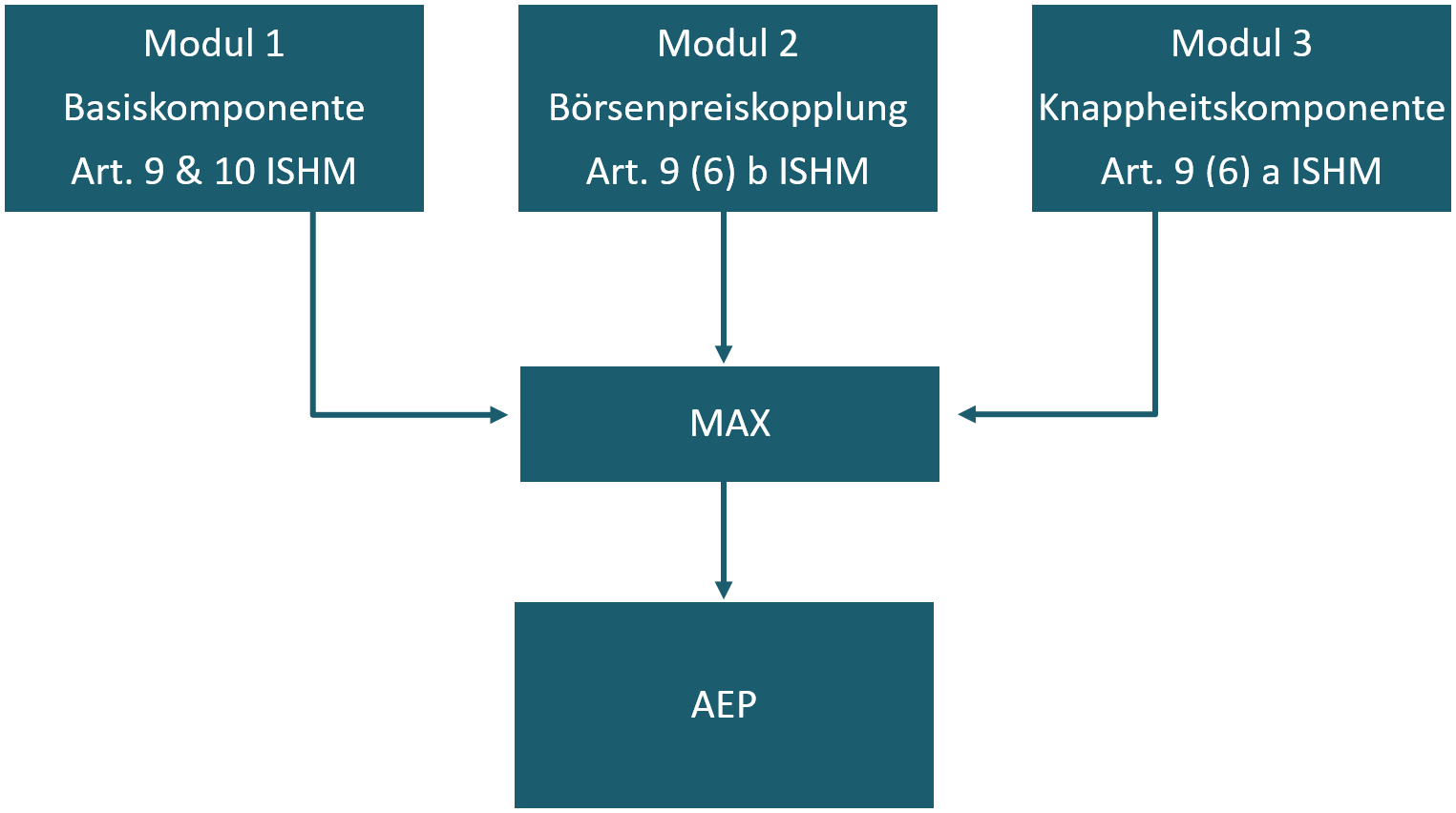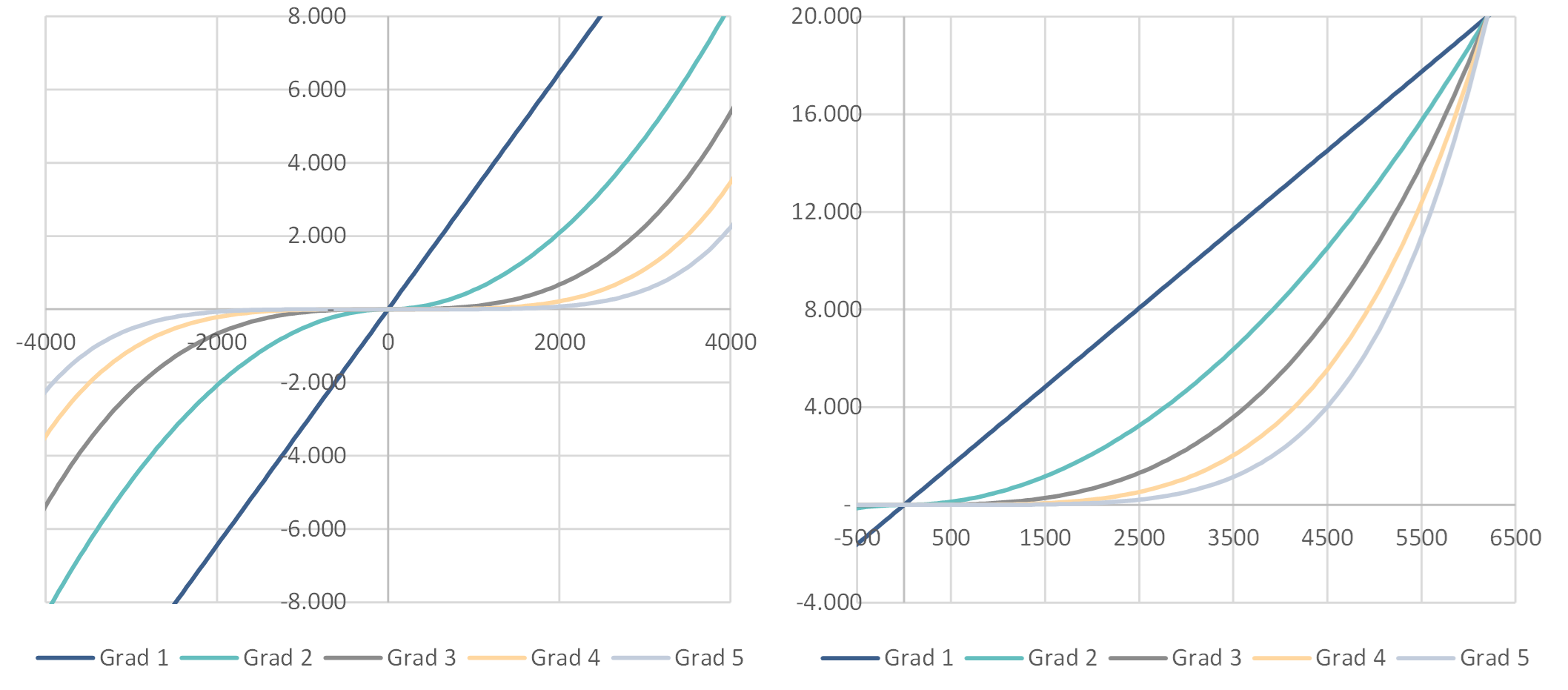Market design
Imbalance Price Settlement
Project name: Further development of the German Imbalance Price
Commissioned by: German TSOs
Timeframe: 2019 – 2021
Contact: Andreas Cronenberg

The balancing group and balancing energy price system plays a crucial role in ensuring the secure functioning of the electricity system and guaranteeing system security.
Participation in the electricity market takes place via so-called balancing groups, whereby the balancing group managers are obliged to balance feed-ins and withdrawals in their balancing group within each quarter of an hour. In practice, minor shortfalls due to, for example, deviations from forecasts or unexpected events such as the failure of generation plants are unavoidable. For these shortfalls, the transmission system operators, as control area managers and balancing coordinators, provide balancing energy, which is settled with the balance responsible parties at the so-called reBAP (uniform imbalance price). Determining the balancing energy price is of great importance for the smooth functioning of the electricity system.

On the one hand, the balancing energy price must create incentives for the balance responsible parties to avoid large, potentially system-destabilising imbalances. On the other hand, the balancing energy price should not be unnecessarily high, so as not to unduly penalise unavoidable, but from a system perspective uncritical, imbalances and thus, for example, to make it more difficult for new players to enter the market.
After very high imbalances that endangered system security occurred on several days in 2019 due to misplaced incentives in the balancing energy pricing system that had existed until then, Consentec supported the German TSOs in several projects to fundamentally revise and further develop the balancing energy pricing system in accordance with the EU Guideline on Electricity Balancing.
In addition to the fundamental revision of the basic component (module 1) of the balancing energy price, the introduction of an incentive component (module 2) and a scarcity component (module 3) were proposed and parameterised as significant improvements. The incentive component, also known as exchange price coupling, ensures that, from the point of view of the balancing group manager, balancing identified imbalances in their own balancing group that put a strain on the system balance is always more advantageous than procuring balancing energy. The scarcity component ensures a minimum balancing energy price dependent on the system balance deviation in the German control areas (NRV balance) and, in particular, guarantees that, in the event of high system balance deviations, there are sufficiently strong economic incentives for the balance responsible parties to act in a neutral or system-stabilising manner.
Our support for the TSOs also included assistance in developing an accompanying document and support during the consultation with market participants.
The consultation document on the introduction of the scarcity component is available here.
Sources:
[1] https://www.bundesnetzagentur.de/DE/Beschlusskammern/1_GZ/BK6-GZ/2020/BK6-20-345/BK6-20-345_begleitdokument.pdf?__blob=publicationFile&v=1
[2] https://consentec.de/app/uploads/2025/02/Consentec_TenneT_Gutachten_AEP_System_20191021.pdf
[3] https://consentec.de/app/uploads/2025/02/2021-03-23_Modul1_Begleitdokument.pdf